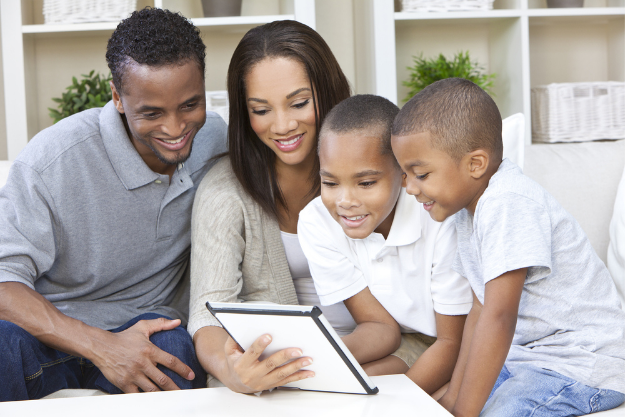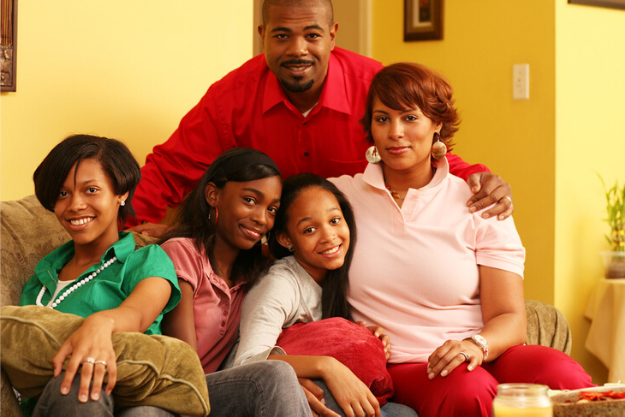The coronavirus pandemic has many people feeling stressed or overwhelmed. We’re in an unprecedented crisis that can have all of our emotions out of whack. Your children probably have those same thoughts and feelings, but may find it difficult to express them appropriately. We are dealing with unprecedented times across our country, and it’s more important than ever for your kids to know exactly what’s going on inside of them. It’s also vital for them to understand and vocalize their emotions, recognize the thoughts behind what makes them happy or sad or scared or stressed. Does the cabin fever have you stressed? Here are three ways to help your kids manage their emotions during the Covid-19 Pandemic.
Cabin Fever: Three Ways to Help Your Kids Manage Their Emotions During the COVID-19 Pandemic
In this article:
- Create a Thought-Feeling Emoji
- Play the “Up and Down” Exercise Game
- Develop a Daily Emotion Checkin Routine
Create a Thought-Feeling Emoji

Print and cut out “emoji’s” representing different emotions. You can have your children write on the back of each emoji cut out what thought makes them feel that way (e.g. cut out a happy face emoji and have your child write on the back (or you do it for them) what thought makes them feel happy, etc.). Cut out a variety of emojis (including sad or afraid faces) and have your child “process” what thoughts make them feel those emotions by writing out what makes them feel that particular emotion. This is a great way to help them “think about what they’re thinking about” throughout this challenging time.
Play The “Up And Down” Exercise Game
To help your children understand that thoughts and feelings take us “up or down” have your kids sit on the floor. Have the leader grab the emoji cut-outs that you’ve made and show emotion. If the emotion is positive (e.g.: happy, excited, love) have everyone jump up. If the emotion is negative (e.g.: sad, afraid, angry), have everyone sit down (or fall down to the ground). Continue playing until everyone is exhausted! You can add the element of thinking by having everyone shout out what thoughts are making them feel positive or negative. Be sure to end this game on a positive note.
Develop a Daily Emotion Check-in Routine

Before you go to bed for the night, spend some time with your children doing an “emotion check-in.” Ask your children what thoughts they’ve had during that day that made them feel happy or sad, scared, or anxious. This is a perfect time to sort, process, examine, and validate your kids’ feelings. Remember to leave this time on a positive, loving note to help them sleep peacefully through the night.
At the end of the day, it’s all about recognizing and understanding emotions and finding peace, which is more important now than ever in the midst of this global pandemic. Visit www.strongkids.me for more information and resources.
About the Authors
Jennifer Keitt is a 30+ year media veteran and is widely known as one of the most passionate, engaging, and powerful voices on the airwaves. Since 1991, Jennifer has reached millions of listeners daily through various on-air experiences on the radio. She holds a Bachelor of Arts in Broadcast Journalism and a Master of Arts in Practical Theology. Jennifer is a certified Human Behavior Consultant, an Executive Life Coach, and is currently pursuing a Doctorate in Education with a concentration in Education Psychology. Based in Atlanta, she currently lives happily as an empty nester with her husband Tony.
Naomi Keitt has spent the last 7 years anchoring and reporting the news across the country. She knew from an early age that she wanted to be a reporter, spending time in high school editing the school newspaper and graduating from the University of Georgia with a degree in Digital and Broadcast Journalism. Naomi has spent the last 5 years anchoring and reporting in Tulsa, OK. In her free time, she loves reading, hanging out with friends, shopping, volunteering with children, and getting to know new people.
Up next:10 Easy & Fun Activities to Combat Cabin Fever for Young Kids


This is a difficult time in our country, of which most of us haven’t ever seen. The only ones that can draw a comparison from the 1918 pandemic are mostly gone. History is not to be ignored. What lesson will we all learn from this? This could be our Great Awakening from years of plentycreate your own paint by number
Pandemic covid-19 situation makes a different situation in the family to community.The Itazura game is ready for all who want to get challenges.Thanks for sharing these daily routine for checking emotional state of the kids during this pandemic covid-19 crisis.